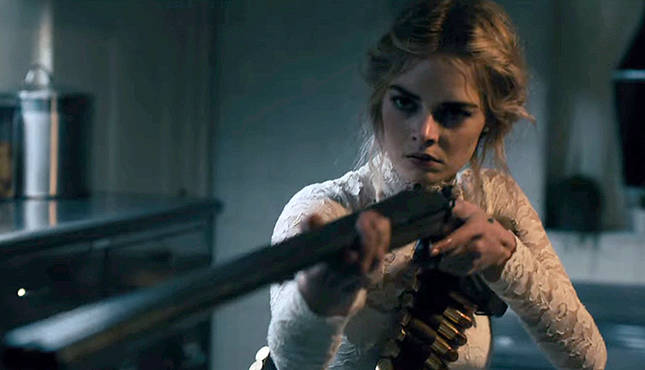Peruvian Nobel literature laureate Mario Vargas Llosa, who enchanted readers with his intellectual rigour and lyrical prose for five decades and came close to being president of his country, has died at the age of 89. "It is with deep sorrow that we announce that our father, Mario Vargas Llosa, passed away peacefully in Lima today, surrounded by his family," read a letter signed by his children Álvaro, Gonzalo and Morgana, and posted by Álvaro on X. "His departure will sadden his relatives, his friends and his readers around the world, but we hope that they will find comfort, as we do, in the fact that he enjoyed a long, adventurous and fruitful life, and leaves behind him a body of work that will outlive him," he said.
A leading light in the 20th century Latin American literature boom, Vargas Llosa won the Nobel Prize for literature in 2010 for works like Aunt Julia and the Scriptwriter, Death in the Andes, and The War of the End of the World. He abandoned the socialist ideas that were embraced by many of his peers, and his dabbling in politics and conservative views annoyed much of Latin America's leftist intellectual class. In 1990, he ran for president of Peru, saying he wanted to save his country from economic chaos and a Marxist insurgency.

He lost in the run-off to Alberto Fujimori, a then-unknown agronomist and university professor who defeated the insurgents but was later jailed for human rights crimes and corruption. He then moved to Spain but remained influential in Latin America, where he criticised a new wave of strident leftist leaders led by then-Venezuelan President Hugo Chavez. In his dozens of novels, plays and essays established him as a foundational figure in a generation of writers that led a resurgence in Latin American literature in the 1960s.
The Feast of the Goat (2000) details the brutal regime of Dominican Republic dictator Rafael Trujillo, while The War of the End of the World (1981) tells the true story of a fanatical preacher whose flock dies in a deadly war with Brazil's army in the 1890s. Born on March 28, 1936, Vargas Llosa lived in Bolivia and the Peruvian capital Lima. He later made a home in Madrid, but retained influence in Peru, where he wrote for newspapers about current events.
His acclaimed debut novel, The Time of the Hero (1963), was loosely based on his teenage life as a cadet at a military academy in Lima, while his 1993 memoir, A Fish in the Water, focused on his 1990 presidential run. The Storyteller (1987) deals with the clash of Indigenous and European cultures in Peru, while Death in the Andes (1993) recounts the haunting years of the Shining Path guerrilla movement. "An author's work is fed by his own experience and, over the years, becomes richer," Vargas Llosa told Reuters in an interview in Madrid in 2001.
In the 1970s, Vargas Llosa, a one-time supporter of the Cuban revolution, denounced Fidel Castro, maddening many of his leftist literary colleagues like Colombian writer and fellow Nobel laureate Gabriel Garcia Marquez. Vargas Llosa said he was a reluctant politician when he ran for president of Peru. "I always said that whether I won or lost the elections, I was going back to my literary, intellectual job, not politics.
" His personal life was worthy of a novel itself - and indeed, Aunt Julia and the Scriptwriter (1977) was loosely based on the story of his first marriage at the age of 19 to Julia Urquidi, 10 years' his senior and the former wife of his mother's brother. His second wife was his first cousin Patricia - but he left her in 2015 after 50 years for the charms of Isabel Preysler, the mother of singer Enrique Iglesias. That relationship ended in 2022.
He had three children, including Alvaro, with Patricia. with Reuters.
Entertainment

Nobel literature laureate Mario Vargas Llosa dead at 89

Celebrated Nobel literature laureate and Peruvian author Mario Vargas Llosa, one of Latin America's most significant writers, has died in Lima.















